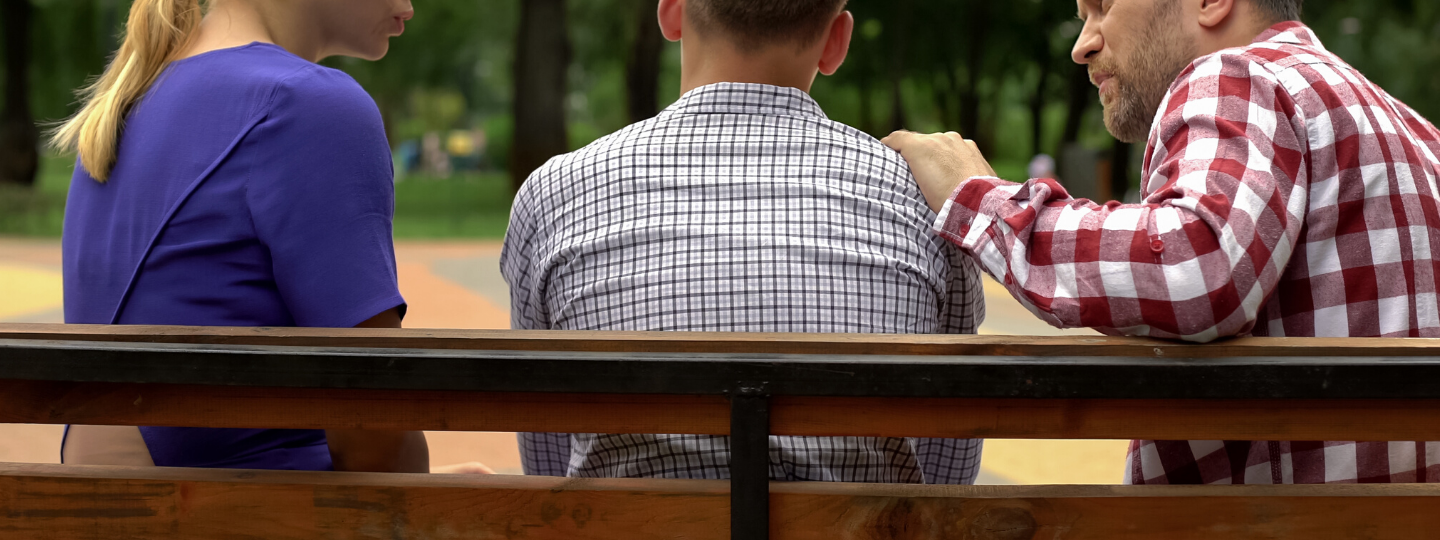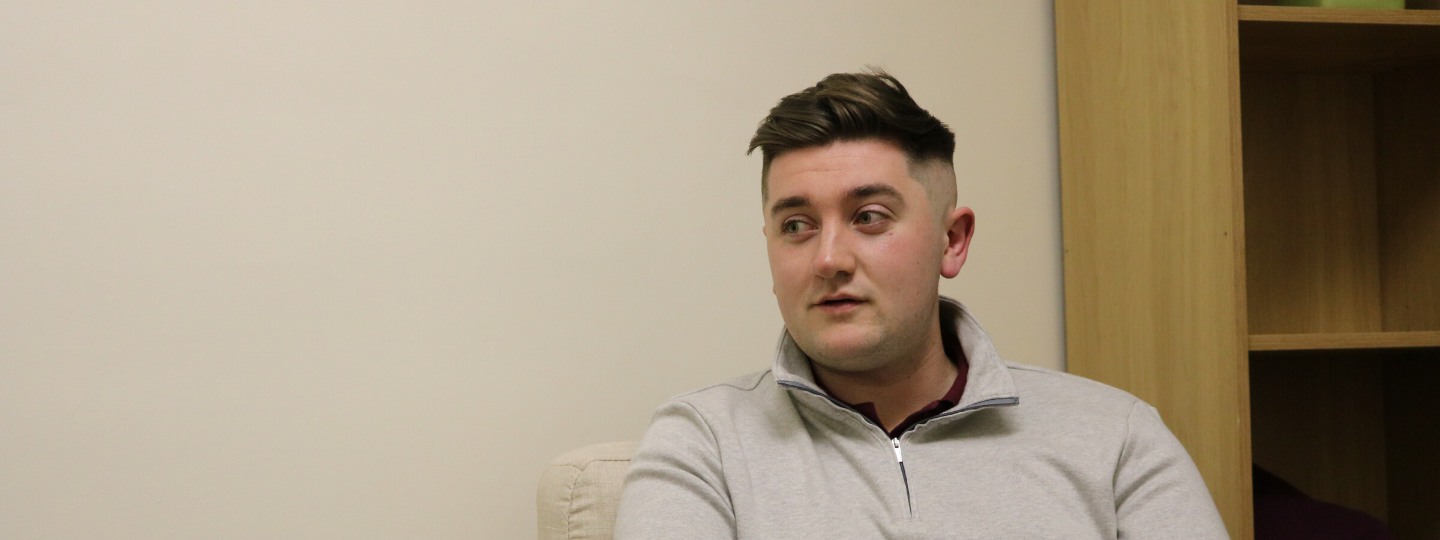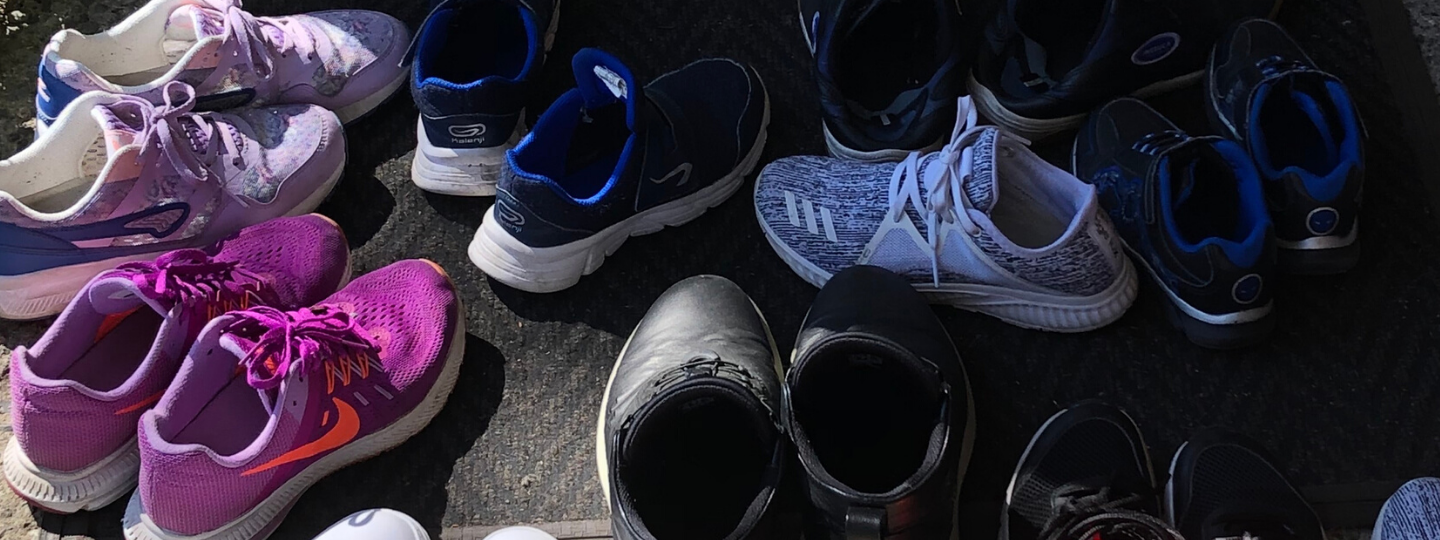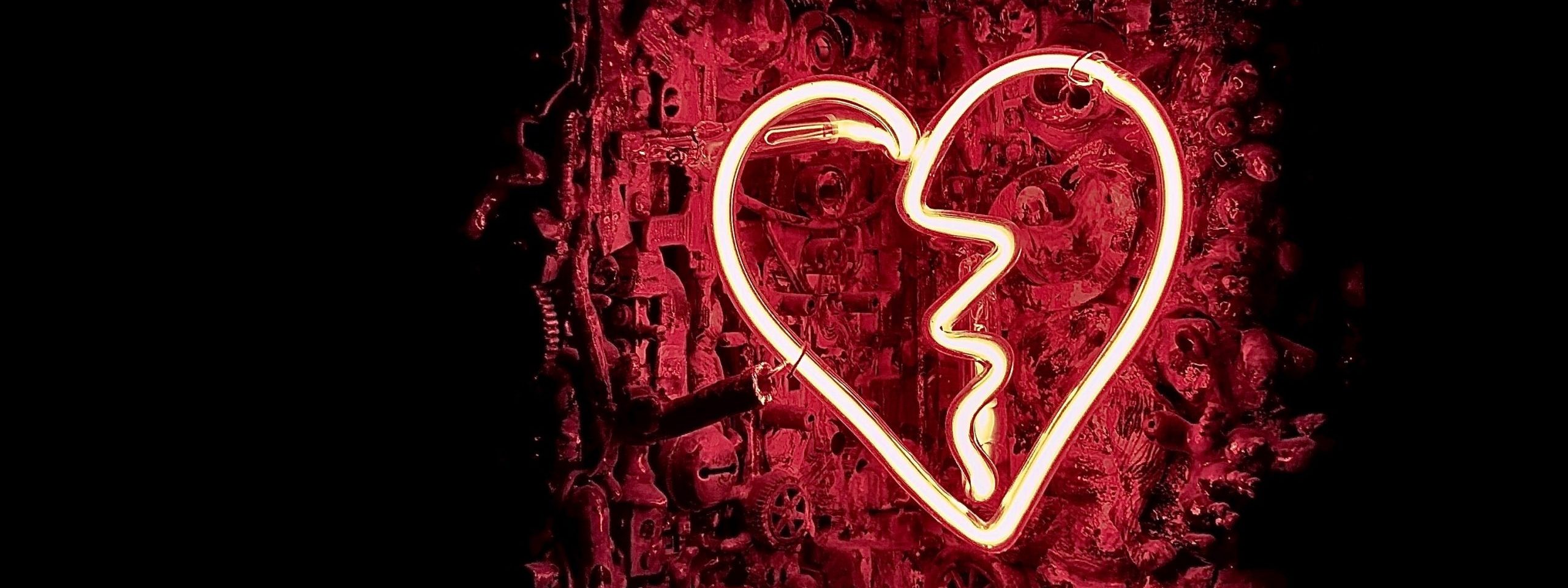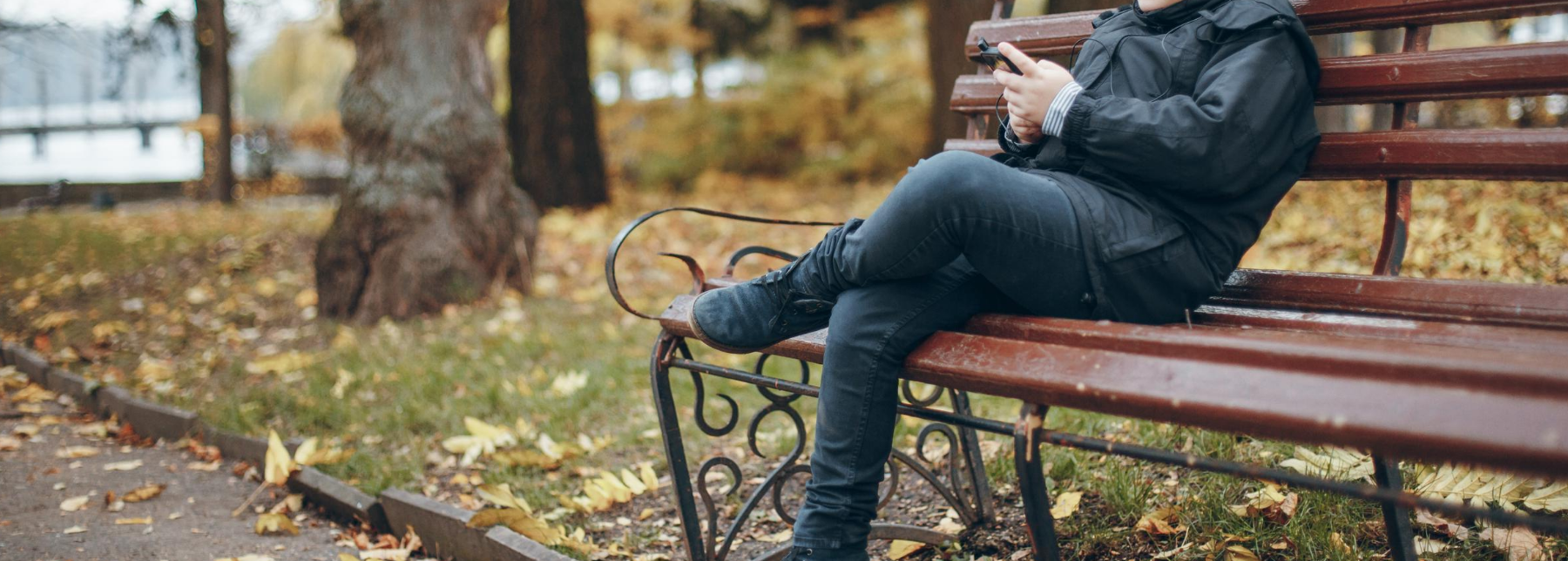If someone told you last Christmas about an impending global pandemic, where people were encouraged to stay at home you would have thought it was science fiction.
Faced with challenging times, we can look for different options to help. Sometimes it’s good to work out what we need in the moment and at that time for support. Other times it can be good to plan for things to look forward to, or work out what’s important to us for the future.
We asked some of our young volunteers around Ireland about what they were looking forward to and wanted to share some of these with you.
Family and friends
Unsurprisingly, a lot of our volunteers mention friends and family.
I’m looking forward to spending time with my family and friends after lockdown. Aisling O’ (18) Meath
Seeing my friends and going shopping. Amina Abdallgany (17) Meath
I am excited to see and spend time with my friends and family. Annemarie Driver (20) Meath
Going back to work, seeing my family and friends. Emily (18) Donegal
Seeing my friends. Daragh Nerney
Being able to go see my granny, friends and extended family members. Ruth O’Dea, Clare/Galway
Hugging my nieces and seeing my family and friends. Visiting my boyfriend whom I haven’t seen in over 4 months. Keith Judge (24) Dublin
Seeing my nana and giving her a hug. I saw her everyday after work and I miss that. Nicola (19) Dublin
I cannot wait to see my friends and family when this is all over! My godson was born the first week of lockdown so I am yet to meet him! This young volunteer has chosen to be anonymous.
Spending time with my friends. Yvonne (24) Limerick
I’m most looking forward to giving all my family and friends and big hug and spending time with them again. Mark (22) Dublin


